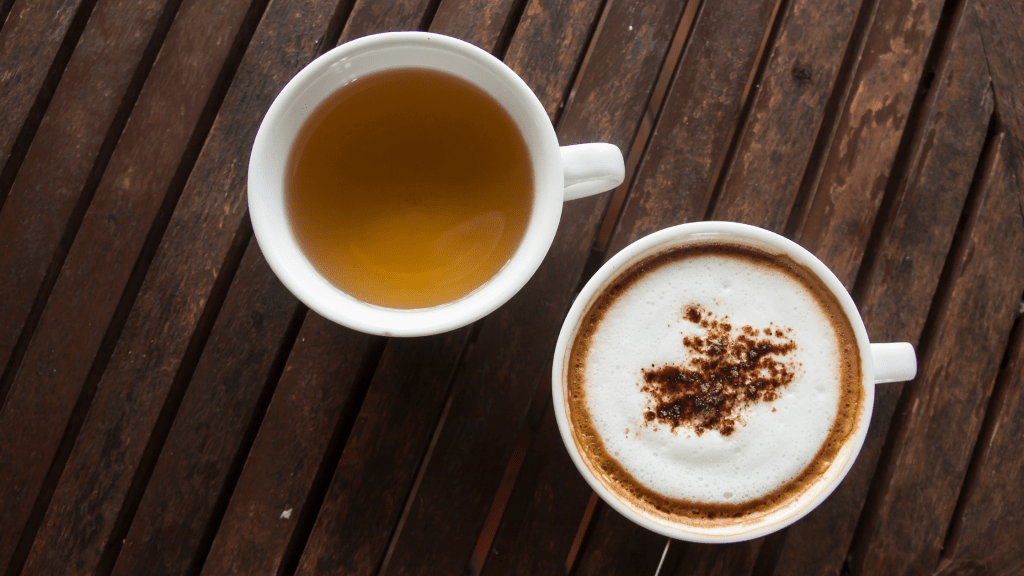For many of us, a day doesn’t truly begin until we’ve had that first sip of tea or coffee. Whether it’s the aroma, the warmth, or the energy boost, these beverages are deeply woven into our routines. But when your daily cup turns into five—or when skipping one gives you headaches or fatigue—you may be facing a subtle but real addiction.
Caffeine addiction is often brushed aside because tea and coffee are socially accepted, even celebrated. However, over time, dependence on caffeine can impact sleep, mood, digestion, hydration, and even your nervous system.
The good news? You can reclaim control over your habits without giving up the joy of a warm cup entirely. Here’s how.
Why We Get Hooked
Both tea and coffee contain caffeine, a stimulant that temporarily increases alertness and reduces fatigue. It affects your brain’s dopamine levels, giving you a feel-good “kick.” Over time, your body builds tolerance, and you need more to feel the same effect.
Add in the emotional connection—comfort, routine, socialization—and you have a habit that’s not just physical, but psychological.
Signs of Dependence
- Needing multiple cups a day to feel “normal”
- Headaches, irritability, or fatigue when you skip your dose
- Insomnia or disturbed sleep despite feeling tired
- Heart palpitations or anxiety
- Digestive issues or dehydration
Steps to Overcome Tea/Coffee Addiction
1. Track Your Intake
Start by logging how many cups you drink daily and when. Awareness is the first step to breaking unconscious patterns.
2. Cut Down Gradually
Sudden withdrawal can lead to headaches, mood swings, and fatigue. Reduce your intake slowly—e.g., one less cup every few days.
Pro Tip: Start by cutting the afternoon/evening cup first to improve your sleep.
3. Switch to Alternatives
- Herbal teas (chamomile, peppermint, tulsi) are calming and caffeine-free.
- Lemon water, warm turmeric milk, or fruit-infused water can replace the ritual.
- Roasted chicory root coffee is a caffeine-free coffee substitute.
4. Hydrate More
Often, what feels like a caffeine craving is actually dehydration. Keep a bottle of water handy and sip throughout the day.
5. Rebuild Energy Naturally
- Eat nutrient-rich meals
- Get adequate sleep
- Include movement or short walks during energy slumps
- Practice deep breathing or short meditations instead of reaching for a cup
6. Set Boundaries
Decide a cut-off time (e.g., no caffeine after 2 PM) or limit yourself to 1–2 cups a day. Create a mindful routine rather than an autopilot habit.
Mind Over Mug: Rewire Your Routine
For many, tea or coffee isn’t just about caffeine—it’s the pause it brings. So don’t focus on quitting the drink; focus on retaining the ritual with healthier options.
- Instead of your usual coffee break, take a mindful 5-minute pause
- Replace “chai time” with a short walk or a chat
- Celebrate your progress—it’s about balance, not deprivation
Final Thoughts
Breaking free from tea or coffee addiction isn’t about cutting joy from your life. It’s about tuning in to your body’s real needs and giving yourself better, more nourishing ways to feel energized, calm, and present.
So next time you reach for that cup, pause and ask: Do I want this? Or do I need it?
Small changes, when repeated, become freedom. And you deserve that freedom—one cup at a time.


